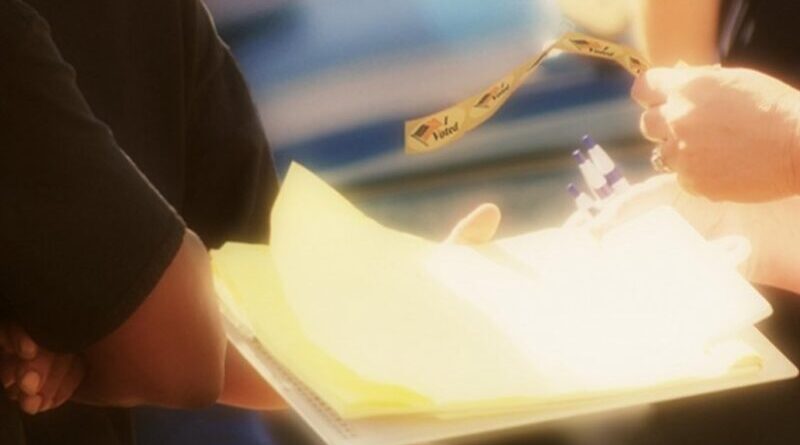Voter Fraud: Research Study Suggests Major US Election Problems – OpEd
By Jim Kouri
A major non-partisan research project suggests that the U.S. is fast approaching the status of Third-World Nation when it comes to the integrity of local and national elections.
“Our democratic process requires an effective system for maintaining accurate voter registration information. Voter registration lists are used to assign precincts, send sample ballots, provide polling place information, identify and verify voters at polling places, and determine how resources, such as paper ballots and voting machines, are deployed on Election Day” state Pew Center statisticians.
These systems are plagued with errors and inefficiencies that waste taxpayer dollars, undermine voter confidence, and fuel partisan disputes over the integrity of our elections, according to Pew researchers.
Voter registration in the United States largely reflects its 19th-century origins and has not kept pace with advancing technology and a mobile society. States’ systems must be brought into the 21st century to be more accurate, cost-effective, and efficient, according to Pew Center statement.
Research commissioned by the Pew Center on the States highlights the extent of the challenge:
- Approximately 24 million—one of every eight—active voter registrations in the United States are no longer valid or are significantly inaccurate.
- More than 1.8 million deceased individuals are listed as active voters.
- Approximately 2.75 million people have active registrations in more than one state.
Meanwhile, researchers estimate at least 51 million eligible U.S. citizens are unregistered, or more than 24 percent of the eligible population.
The Pew study also found that the paper-based processes of most registration systems present several opportunities for error.
In a typical system, election officials get information about a voter’s identity, eligibility, address, and contact information through a form completed at a public agency, such as a county election office or motor vehicles office, or through an unregulated third party voter registration group, such as a campaign or advocacy organization (ACORN, Project Vote).
These are sent to election offices, where the data often are manually entered and names are added to the voter list. A voter must supply any change to that information, such as a new address, name, or party affiliation, which is usually manually entered and processed by election officials.
The study also identified:
- Approximately 12.7 million records nationwide that appear to be out of date and no longer reflect the voter’s current information.
- More than 1.8 million records for people who are no longer living, but have active registrations on voter rolls.
- About 12 million records with incorrect addresses, indicating that either the voters have moved, or that errors in the information on file make it unlikely the Postal Service can reach them.
Illegal alien voters
A study released by the conservative think-tank the Heritage Foundation provides proof that illegal aliens and immigrants with green cards are committing rampant voter fraud in the United States.
Reports of ineligible persons registering to vote have raised concerns about state processes for verifying voter registration lists. States usually base voter eligibility on the voter’s age, US citizenship, mental competence, and felon status.
Although individual states run elections, Congress has authority to affect the administration of the elections. The Help America Vote Act of 2002 (HAVA) had set a deadline for states to have a statewide voter registration list and list verification procedures, according to Heritage analysts.
For example, the methods used in seven selected states to verify voter eligibility and ensure accuracy of voter registration lists were varied and include relying on registrant self attestation, return mailings, and checking against lists of felony convictions or deceased individuals. Some states, for instance, failed to do any more than ask on their application forms if the registrant was a US citizen. The applicant will merely check off the “Yes” box, but there is no action taken to verify the authenticity of that answer.
“The voter registration officials simply take the word of the registrant with no follow-up,” said conservative political strategist Michael Baker.
“Some states that require some backup documentation merely ask for a utility bill or a driver’s license — neither of which prove citizenship. In other words, legal or illegal aliens can easily register to vote in local and national elections,” warns Baker.

